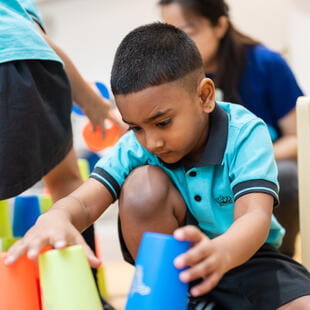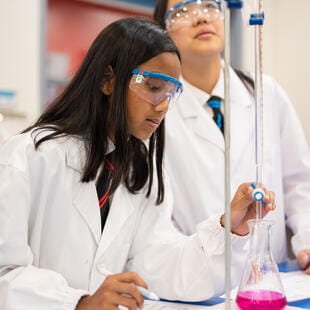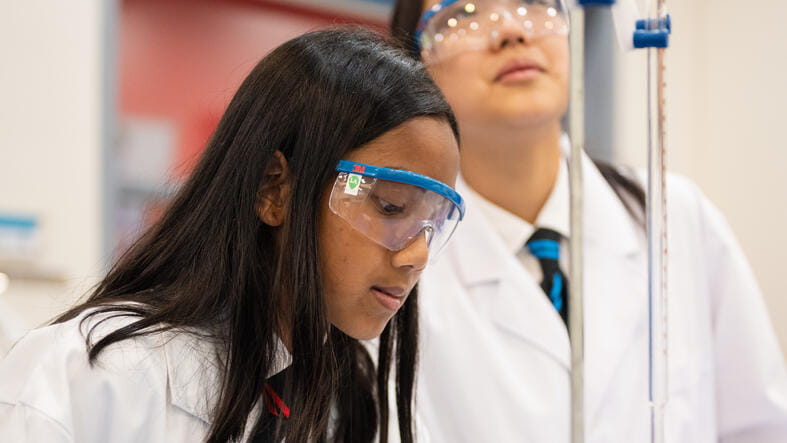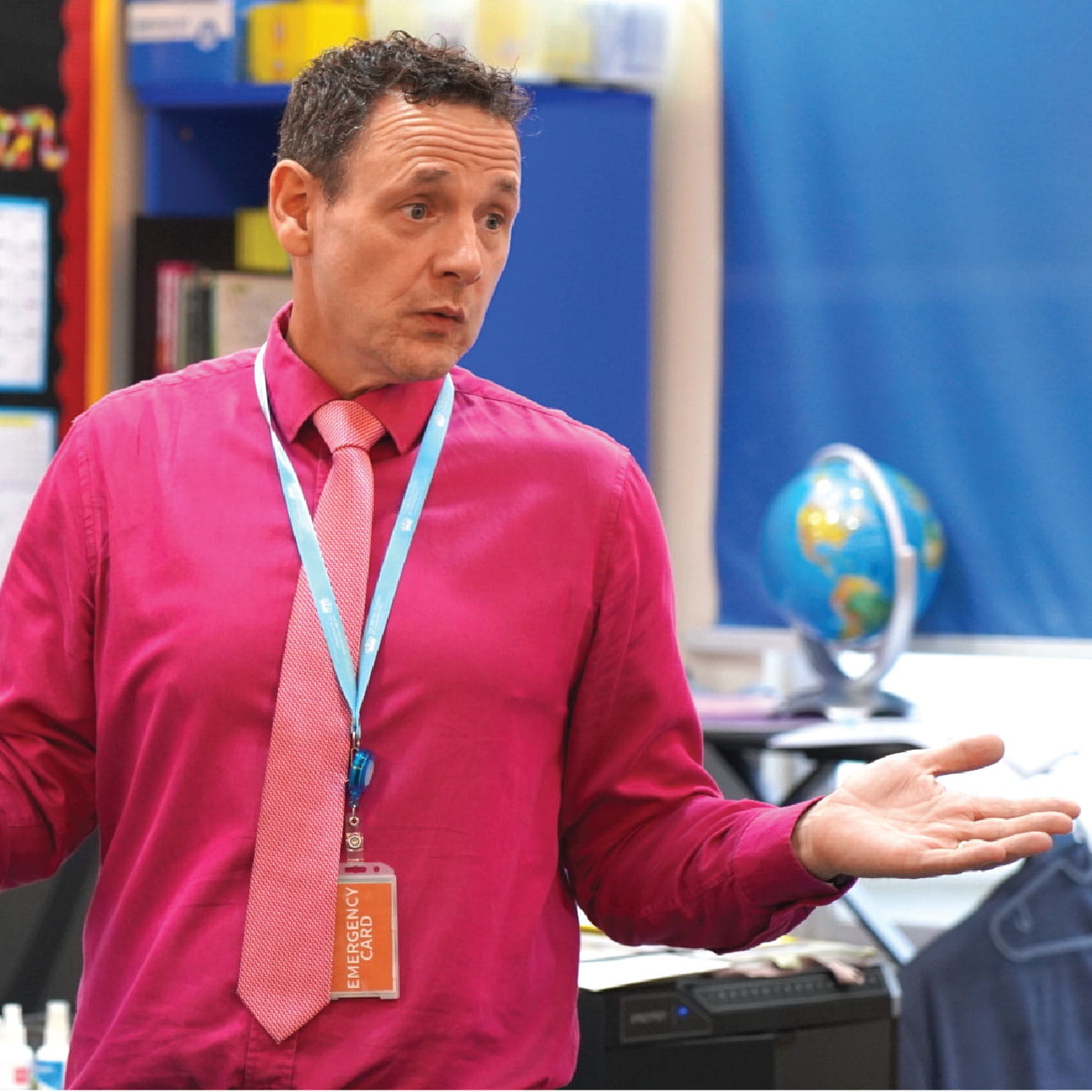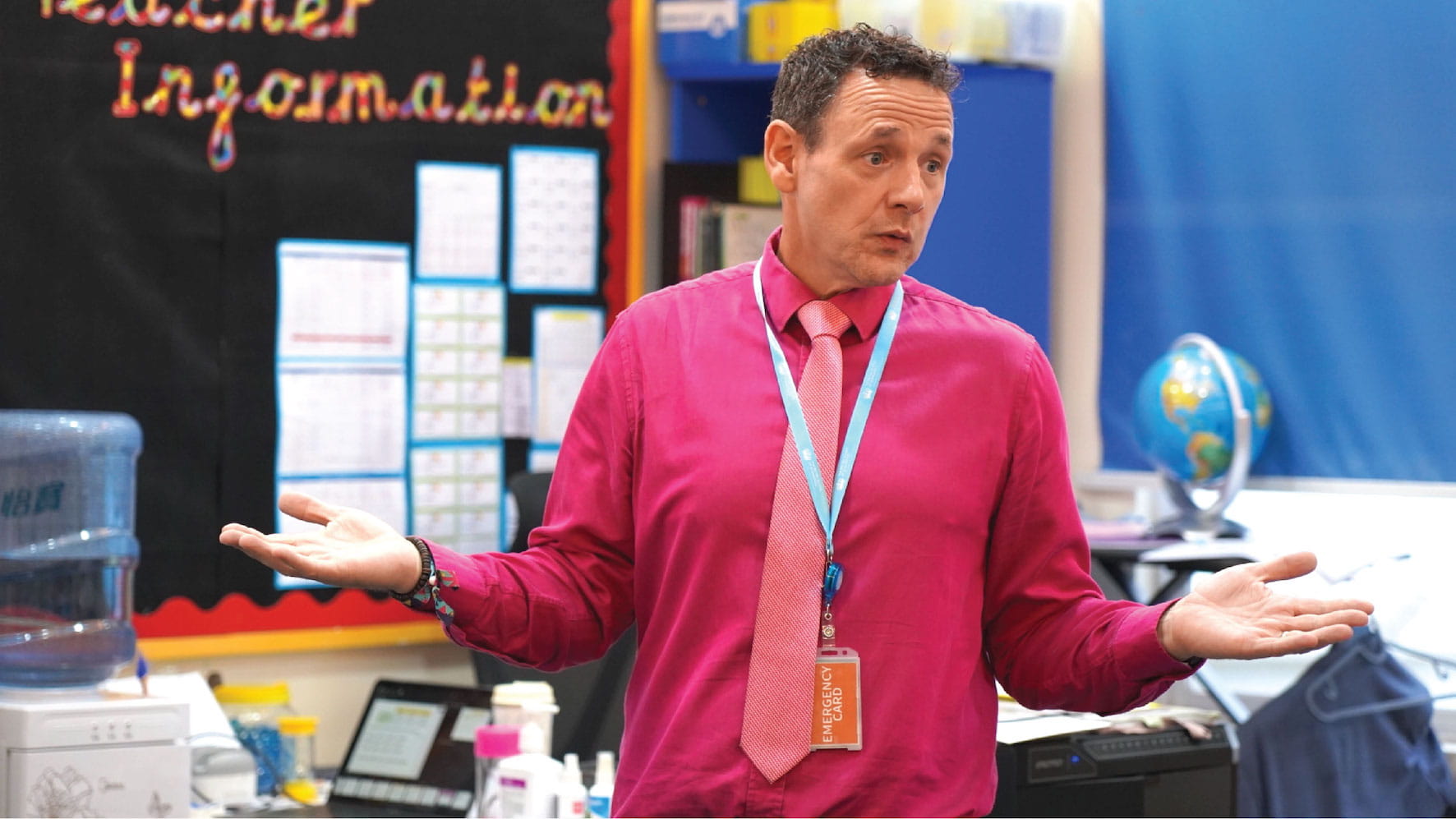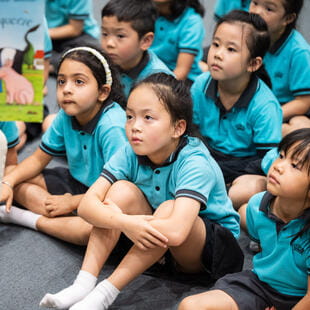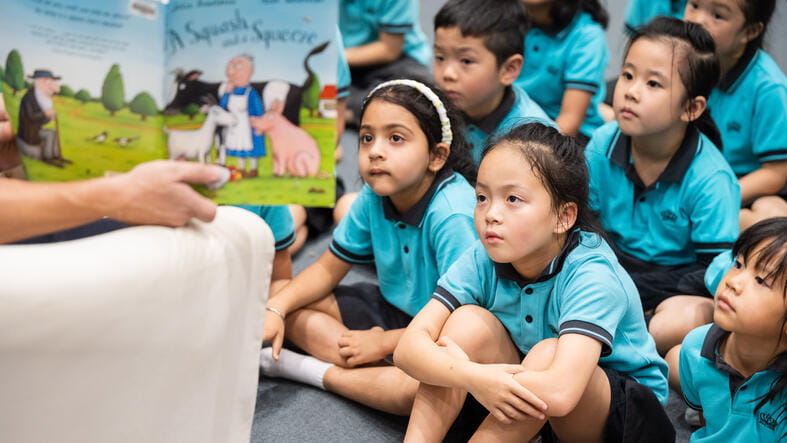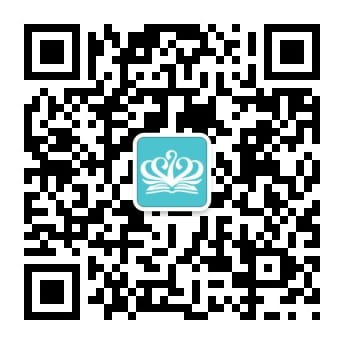We know the English National Curriculum inside out at BSG. Thanks to our personalised approach to teaching and learning within our small class sizes, your child reaps all the benefits from the highest level of teaching tailored to their specific goals under the curriculum. Used by over 30,000 schools in the UK and overseas, the English National Curriculum’s proven effectiveness and global familiarity brings reassurance to parents and stability to our international students – significant factors for families between countries or students who aspire to attend a top university in a different nation.
We offer IGCSE qualifications followed by A-levels, which set the global standard for international education and provide our students with pathways to the best higher education. We’re incredibly proud of our students’ results. 96% of BSG students earned an A*-C in IGCSE, while 65% earned an A*-A. 100% of BSG students passed all A-levels, while 82% earned an A*-B mark, and remarkably, 62% achieved A*-A grade.
With these kinds of results, many BSG students have been accepted to Cambridge, Imperial College, University of Toronto, KAIST, University of Edinburgh, Durham University, HKU, and King's College London – among other excellent universities.









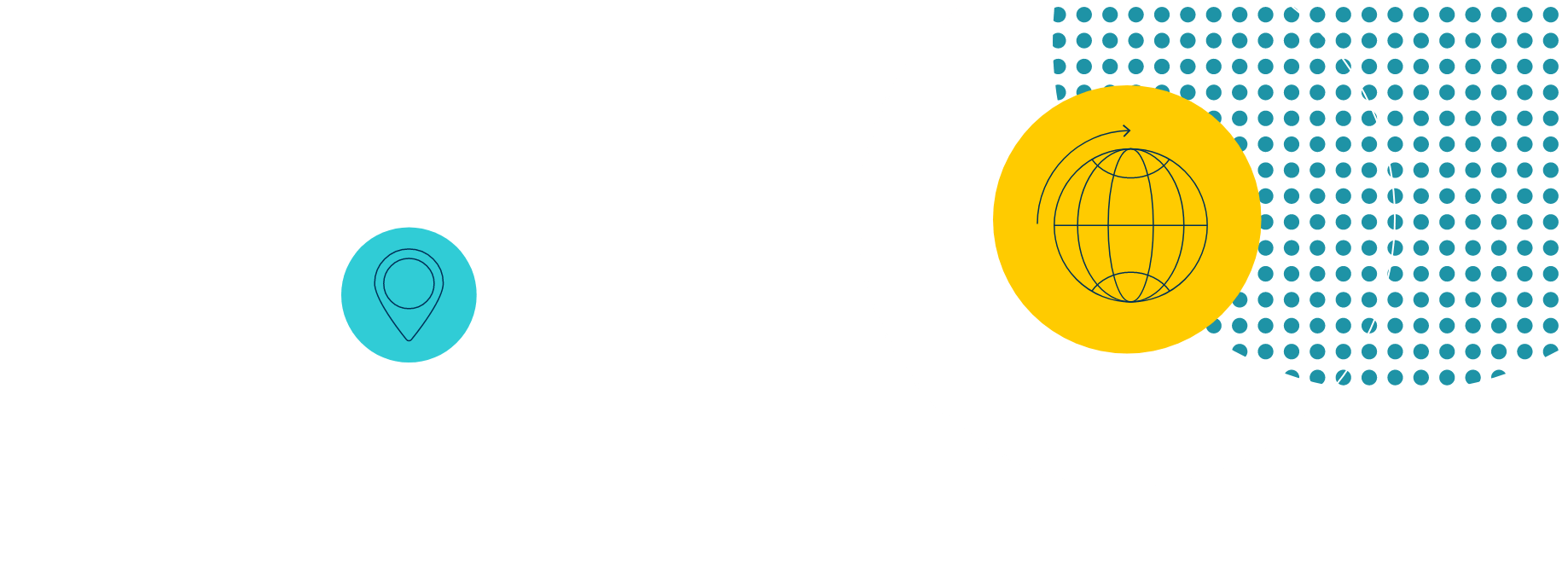
.jpg?h=310&iar=0&w=310&rev=dbdf9d603bcf46ada5ecbb9f3e5f7a7b&hash=E116001E2319A27AA84ADB07F79ADE51)
.jpg?h=443&iar=0&w=787&rev=b5761bd633c1419291477e9941295c6e&hash=2A3D958BCDF690696290882CD1352557)
